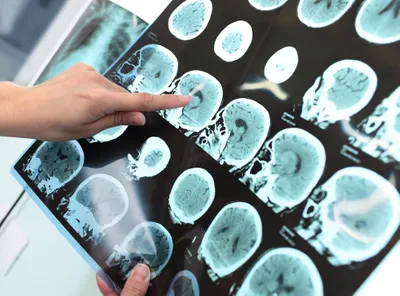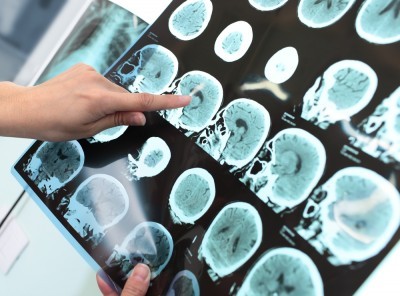
The study, which involved more than 2,000 people whose average age was 73, was led by Dr. Kumar Rajan. Participants, all of whom were either white or black, were asked to complete memory and thinking tests every few years over an 18-year period. None of those taking part in the study had previously been diagnosed with Alzheimer’s disease.
The finding: nearly one in four African-American and one in six white participants eventually developed Alzheimer’s. Most importantly: those who fared the worst on the memory and thinking tests when the study began were 10 times more likely to develop the disease.
It’s an important finding that could help researchers learn to recognize the early signs of Alzheimer’s, Rajan says. “The changes in thinking and memory that precede obvious symptoms of Alzheimer’s disease begin decades before,” said Rajan.
“While we cannot currently detect such changes in individuals at risk, we were able to observe them among a group of individuals who eventually developed dementia due to Alzheimer’s.”
Rajan’s study also found that, as time went on, those people who fared poorly in the early thinking and memory tests tended to continue to struggle.
Looking forward, Rajan says it’s time to start thinking about Alzheimer’s disease when people are younger–perhaps when they’re in their forties and fifties. “These underlying processes may have a very long duration,” Rajan said. “Efforts to successfully prevent the disease may well require a better understanding of these processes near middle age.”



